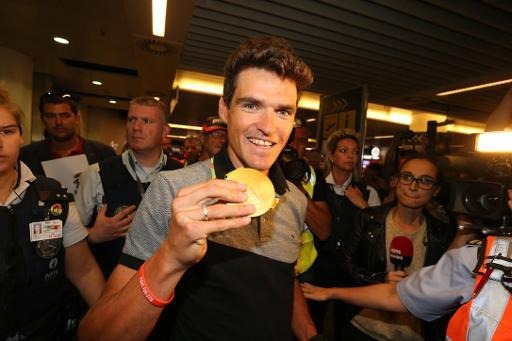Whilst it is developing in Flanders, Wallonia’s high level sports policy has been stagnating for several years. This is the finding of a study led by the international research group SPLISS (Sports Policy Factors Leading to International Success) set up by the VUB (the Free University of Brussels). Completed in 2015, this study compares high-level sports policies implemented across fifteen countries (Belgium, the Netherlands, Finland, Denmark, France, Brazil, South Korea, Japan, Australia, Canada, Spain, Switzerland, Portugal, Estonia and Ireland) with the results achieved by their athletes.
To determine whether policies implemented exert an influence on high-level sports performance, researchers assessed nine pillars.
These included the level of financial assistance, the organization and structure of sports policies, identification of new talents, monitoring athlete’s careers, available sports infrastructure, training for trainers, participation in national and international competitions and research and innovation.
Although Flanders comes in amongst the top-ranked when identifying new talents and organizing athletes careers, Wallonia only reached the finish line with an average result in these two categories. The latter is positioned in practical terms below the fifteen countries with respect to the nine pillars. Only Brazil fares worst, despite the significant budget it accords to high-level sport.
Flanders sports the weaknesses of available infrastracture, financial resources and training for trainers. This is the case although its sports policy has seen significant developments during the last few years.
In 2008, when the first comparative study was undertaken on this subject, the north of the country did not reach the average in any category.
According to researchers, implementation of a high-level sports policy is a time consuming task, the development of which may take more than fifteen years.
Although efforts are starting to bear fruit in the north of the country, they are, on the other hand, stagnating in the south. In addition, investments in Wallonia (11 million euros) as in Flanders (24 million euros) are limited, they stress.
The most efficient countries, according to the analytical model applied are France, Japan, Australia, the Netherlands and, to a lesser extent, Denmark.
The Brussels Times

